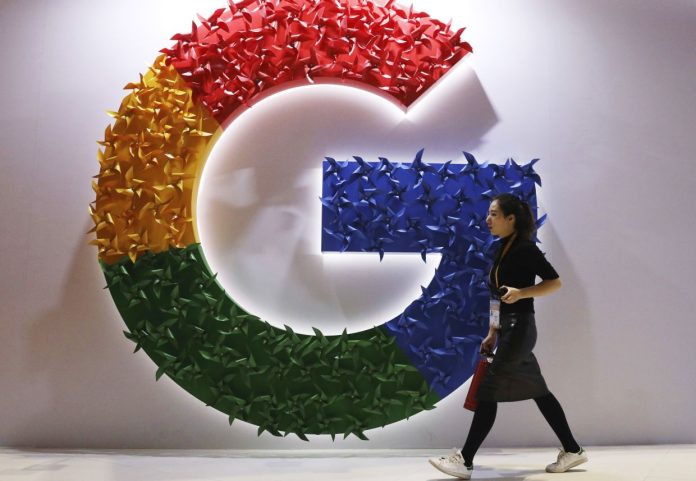
Apple’s Safari and Mozilla’s Firefox have already taken a stand against third-party cookies, those tiny browser files that allow data traders and advertising companies to create a profile of our browsing habits and preferences.
But when Google announced it would phase them out in its Chrome browser, competition concerns arose. Although potentially increasing user privacy, it was feared the measure would only strengthen Google’s advertising position with the world’s most popular browser.
Following criticism from the publishing industry, among others, Google is now postponing its plan to make it more difficult to track user behaviour for advertising purposes in Chrome.
The end of notorious third-party cookies in Chrome is now set to come at the end of 2023, the tech giant announced on Thursday — significantly later that the previous target of early 2022.
This will give the advertising industry and web publishers significantly more time to replace advertising personalisation with more privacy-friendly methods.
Chrome is by far the most widely used web browser, with a market share of around 65%.
“We need to move at a responsible pace,” wrote Vinay Goel, the Google executive responsible for privacy at Chrome. “This will allow sufficient time for public discussion on the right solutions, continued engagement with regulators, and for publishers and the advertising industry to migrate their services.”
Cookies are small sets of data placed on users’ computers. A website can use them, for example, to recognise whether someone has visited it before.
But cookies can also be used to create individual profiles that allow far-reaching conclusions to be drawn about surfing behaviour, preferences and lifestyle habits. This knowledge is then used for personalised advertising, for example.
The third-party cookies are not set by the websites visited themselves, but by companies from the advertising industry, for example.
Other browsers such as Apple Safari and Firefox are already blocking these kinds of advertising cookies. But given Google’s massive revenue in online advertising, the planned measures in Chrome were immediately met with the accusation that they could end up further strengthening the group’s own advertising services.
Only a few days ago, the EU Commission announced that it would scrutinise the plans following complaints.
Competitors also argued that Google, as the developer of the Chrome browser and the Android smartphone system, has other ways of obtaining information about user behaviour.
The new timetable now also takes into account commitments Google had given to the UK Competition and Markets Authority (CMA). The updated timetable for the so-called Privacy Sandbox envisages two stages.
By the end of 2022, Google wants to complete a public discussion and development phase for a cookie alternative. The goal is to develop web technologies that both protect privacy and give businesses and developers tools to build thriving digital businesses and keep the web open and accessible to all. – dpa























